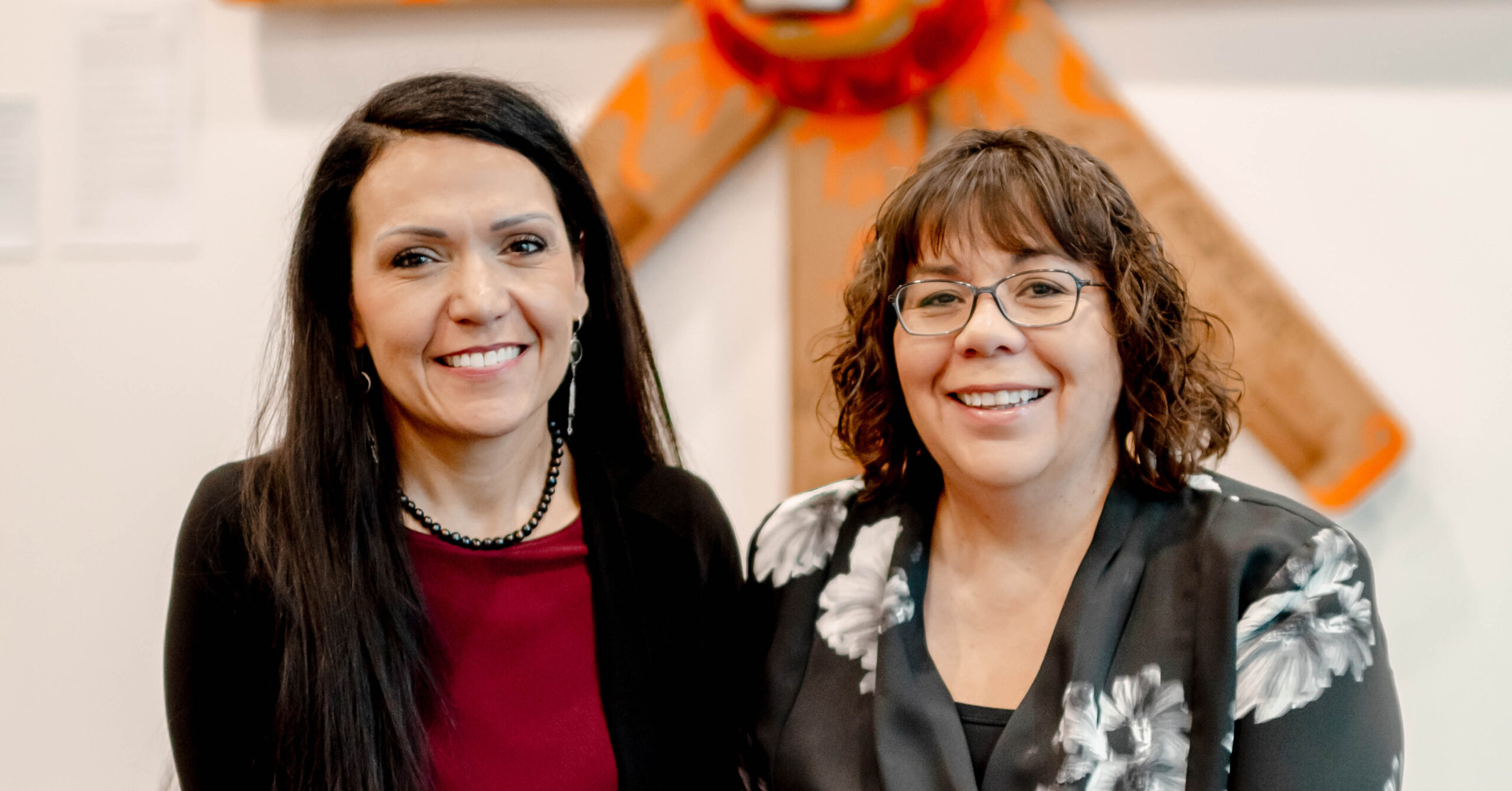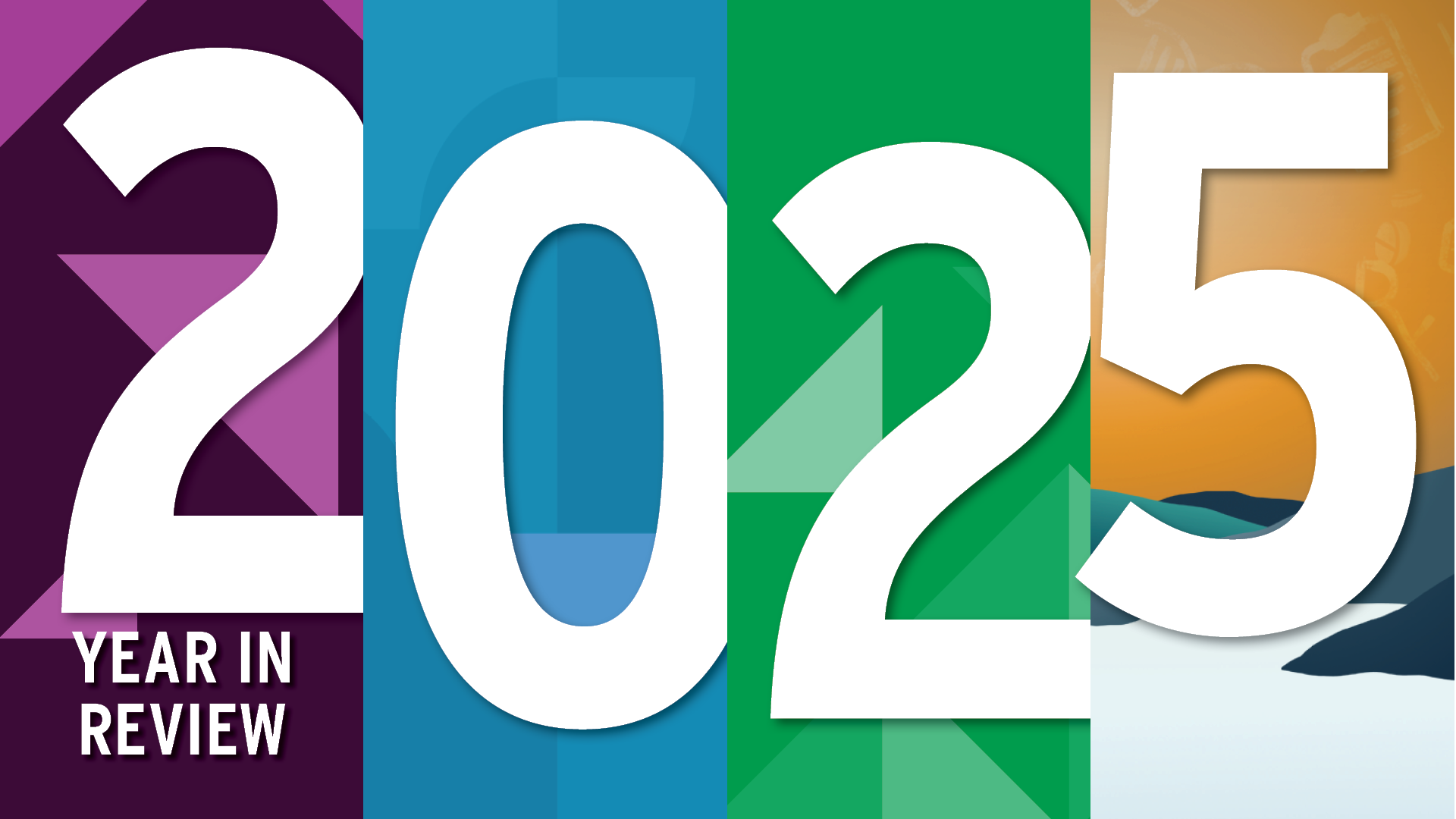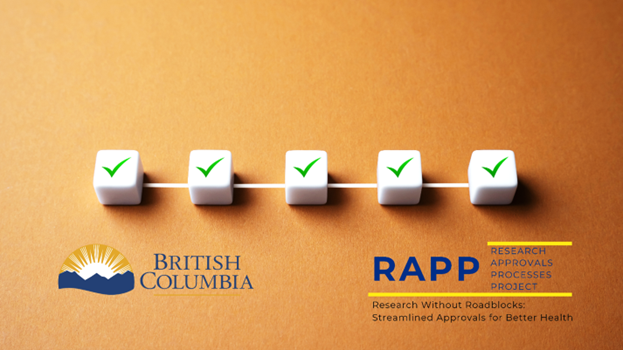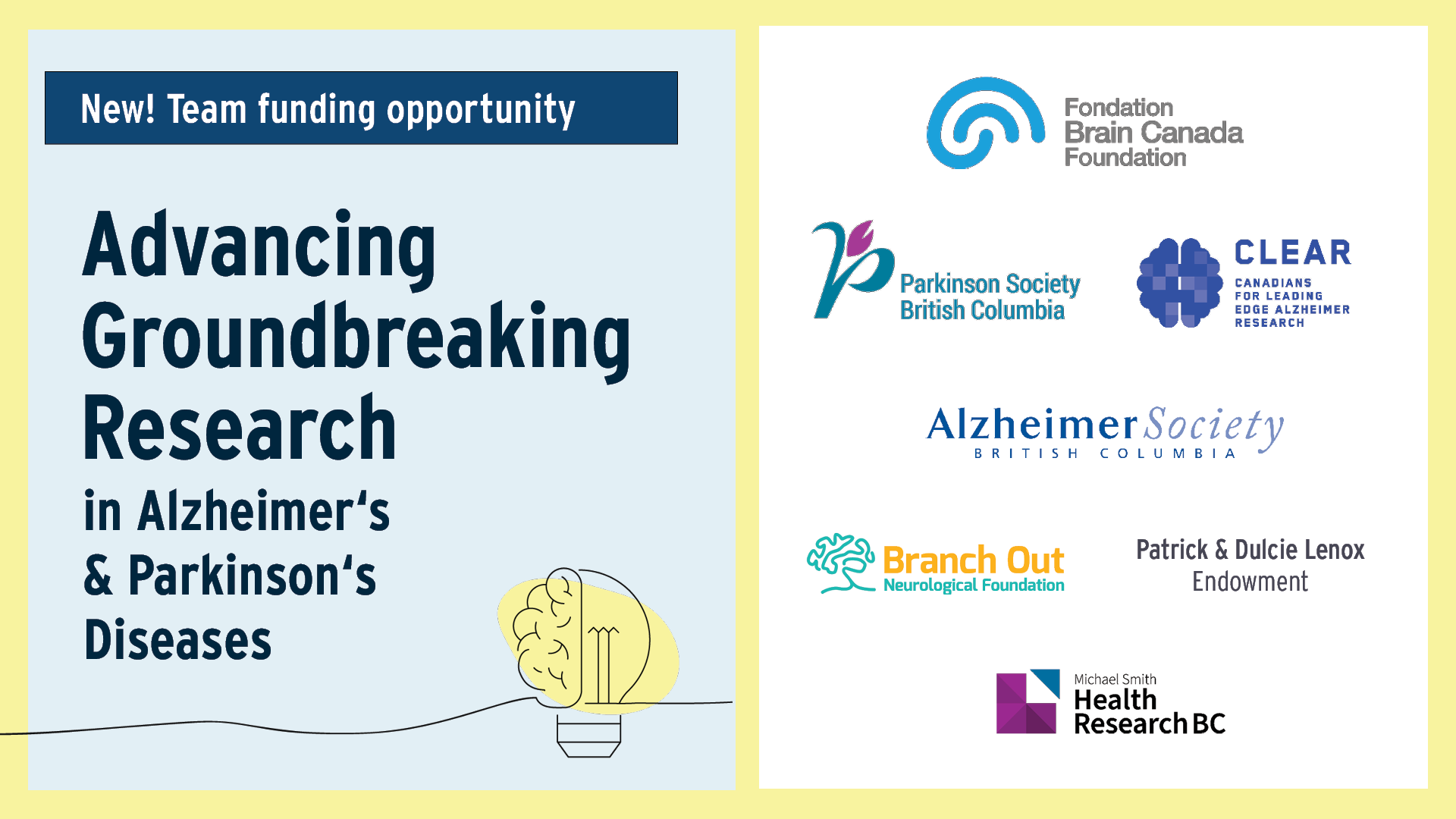New resource supports Indigenous engagement in health research
30 January 2024

Dr. Rheanna Robinson and Bev Best in front of the Reconciling Light artwork at the University of Northern British Columbia
BC health researchers now have a resource to improve collaboration with Indigenous communities.
Indigenous researchers, Dr. Rheanna Robinson and Bev Best, led an environmental scan of Indigenous health research engagement and evaluation. The scan reviewed health research priorities of First Nations, Métis and Inuit communities in Canada. It also acknowledges colonial practices that ignore Indigenous world views and continue to harm communities.
“There’s a gap between Indigenous experiences and patient engagement research,” says Rheanna, a member of the Manitoba Métis Federation, and an associate professor in the department of First Nations studies at the University of Northern British Columbia. “The scan identifies practices that support Indigenous rights and self-determination. It also explores successful health research partnerships with Indigenous communities.”
Patient-oriented research aligns with the goals of Indigenous self-determination. The BC SUPPORT Unit champions research that engages people and communities.
“Indigenous Peoples must lead work that affects them,” says Monica Mamut, director, BC SUPPORT Unit. “That’s why the BC SUPPORT Unit commissioned this scan of Indigenous health research engagement and evaluation practices. The scan shares many ways to meaningfully work with Indigenous communities.”
The researchers surveyed national, provincial and territorial documents. They also included publications from BC First Nations, First Nations Tribal Councils and Métis Nation BC. Five Indigenous content experts from throughout BC reviewed the scan. Researchers used four Indigenous principles to guide the work: respect, reciprocity, relevance and responsibility. These principles should guide relationships between non-Indigenous and Indigenous peoples and communities.
“Knowing the principles of Indigenous health research isn’t enough,” says Rheanna. “Researchers must also address power imbalances. The knowledge of Indigenous Peoples must inform all stages of research, and this includes having control over their data. Communities should always benefit from research engagement.”
The BC SUPPORT Unit Fraser Centre initiated the Indigenous-led scan. The BC SUPPORT Unit Fraser Centre fosters patient-oriented research and connects healthcare staff, researchers and patient partners in the Fraser region. The BC SUPPORT Unit is part of Health Research BC and is funded by the governments of Canada and British Columbia.
Indigenous researchers will use the scan to develop guidelines for Indigenous engagement in BC. This work followed a request for proposals in summer 2023.
Read the environmental scan, Indigenous knowledges for decolonized research and evaluation practices.





